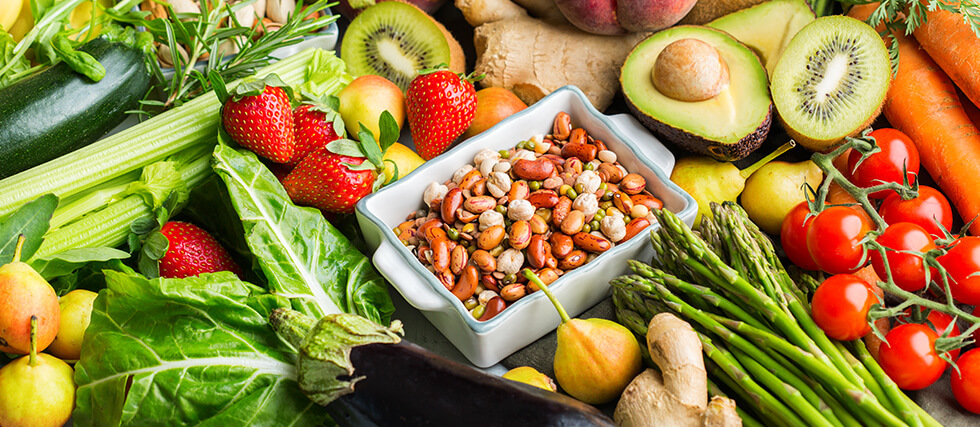Why Your Gut Wants You to Eat 30 Plants a Week—And How to Make It Easy
Nutrition experts are increasingly recommending that people eat at least 30 different plant-based foods each week—and for good reason. This variety isn’t just about checking off a list; it’s about feeding your gut microbiome, the vast community of trillions of microbes living in your digestive tract. A more diverse gut microbiome is linked to better digestion, stronger immunity, reduced inflammation, and improved mental health.
This idea was backed by the British and American Gut Project, which found that people who ate 30 or more plant types weekly had more varied and resilient gut bacteria than those who consumed fewer than 10. That’s because different plants offer different types of fiber and polyphenols, which act as fuel for different strains of beneficial microbes.
Dietitian Dr. Megan Rossi explains that every unique plant counts—fruits, vegetables, grains, legumes, nuts, seeds, herbs, and even spices. The goal is to create a broad menu of “microbe food” to help good bacteria thrive.
Reaching the 30-plant goal may sound daunting, but small changes make a big difference. Add a handful of mixed seeds to your oatmeal, toss several vegetables into a stir-fry, or keep a variety of frozen produce on hand. Herbs like basil, parsley, or mint can also count toward your total.
In addition to gut health, a more plant-diverse diet can support your immune system and reduce the risk of chronic diseases. It also tends to be more flavorful, colorful, and satisfying.
The bottom line? The more plant variety you include in your meals, the better your gut—and overall health—will be. It’s not about perfection but about giving your microbiome a rich, diverse buffet to work with each week.





